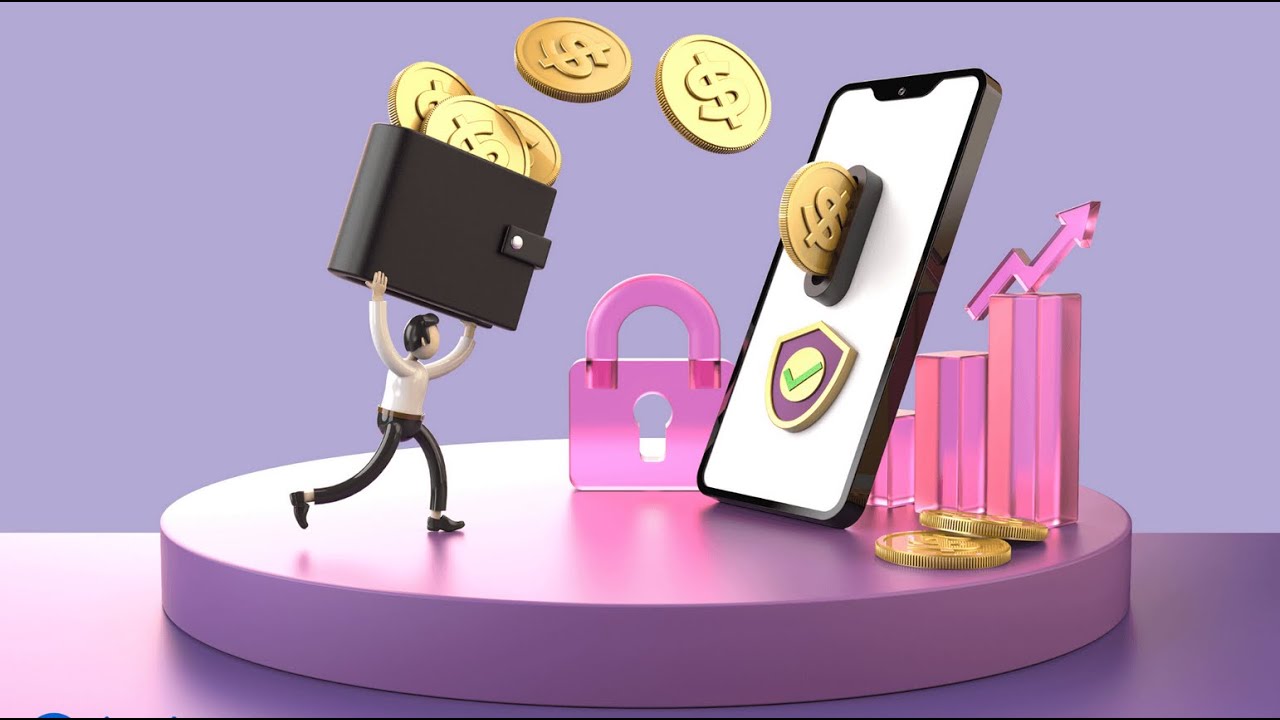Securing digital assets is more crucial than ever as cryptocurrencies gain popularity. You need a wallet if you invest, trade, or use Crypto for transactions. Choosing a wallet from so many possibilities might be difficult. This step-by-step guide will help you choose the right Crypto Wallet in 2024.
Learn About Crypto Wallet Types
Understanding wallet types is crucial before choosing one. Hot and cold Crypto wallets exist. Each has various benefits and uses. Hot wallets: Ideal for frequent transactions, these are online. Web wallets, desktop software, and mobile apps are examples. Their convenience may make them more cyberattack-prone. Hardware and paper wallets are cold wallets. They provide better security for long-term storage but may be inconvenient for daily use. Key Takeaway: Hot wallets may be beneficial for busy traders. Cold wallets are safer for long-term storage.
Evaluate Security Needs

Security is crucial when choosing a Crypto wallet. Your cryptocurrency holdings and use determine your protection needs. For Large Investments: Hardware wallets like Ledger and Trezor are the safest solution because they remain offline. Hot wallets with 2FA and encryption are better for small investments and daily transactions. Always use a wallet with private key control. Your funds aren’t yours without your private keys.
Consider Supported Cryptocurrencies
Not all wallets support all cryptocurrencies. A portfolio-friendly wallet is essential if you store many cryptos. Single-Currency Wallets: For Bitcoin or Ethereum. These are great for single-asset investors. Use multi-currency wallets to manage multiple cryptocurrencies. See Exodus, Atomic Wallet, and Trust Wallet. Advice: Make sure your wallet supports your money or tokens. For portfolio diversification, a multi-currency wallet may be best.
Assess usability and features
A Crypto wallet should be simple and suitable for your technological level. Some wallets target beginners, while others target experts. Beginner-Friendly Wallets: Choose wallets with simple interfaces and instructions. Example: Coinbase Wallet and Trust Wallet. Decentralized apps (dApps), configurable transaction fees, and DeFi connectivity are common in advanced wallets.
Seed phrases and other safe backup and recovery techniques should be included in the wallet. Choose a wallet with mobile, desktop, and online versions for cross-platform access. Hardware Wallet Integration: Some software wallets integrate with hardware wallets for security.
Check reputation and support
The reputation of a wallet provider is crucial. A reputable wallet is less likely to have security issues or bad customer service. Reviews and Ratings: Read forum, app store, and reliable review comments. Skip wallets with hacks or poor performance. Customer Support: Make sure the wallet has responsive support. You need fast technical support.
Software proprietary vs. open-source Code is freely available, making open-source wallets more transparent. While proprietary wallets have more functionality, they lack community oversight.
Crypto Wallet Security
Secure Your Seed Phrase: Recovering your wallet requires your seed phrase. Avoid sharing and store it offline in a secure location. Enable Extra Security: Biometric authentication, 2FA, and PIN protection increase security. Avoid Phishing and Suspicious Links: Avoid fraud using approved wallet websites or applications.
Read More: Bitcoin Market Shift Long-Term Holders Sell New Investors Rise
Conclusion
Security, convenience, and functionality must be considered when choosing a Crypto wallet. Understand wallet types, security needs, supported cryptocurrencies, simplicity of use, and reputation to make an informed decision. For beginner or expert investors, a dependable wallet is essential to your cryptocurrency adventure. Take time, investigate, and choose the wallet that fits your Crypto Wallet in 2024 and your habits.

